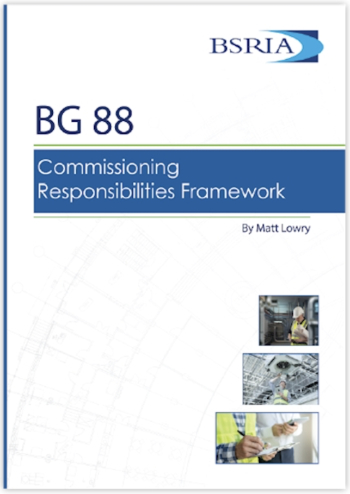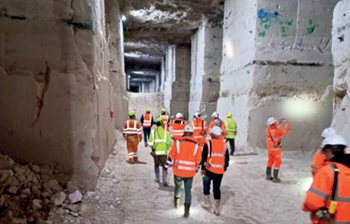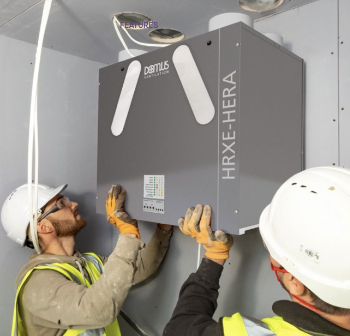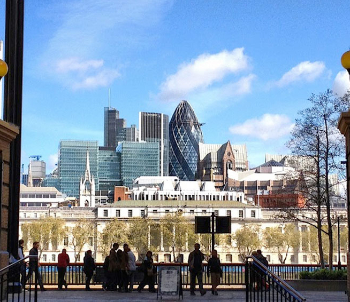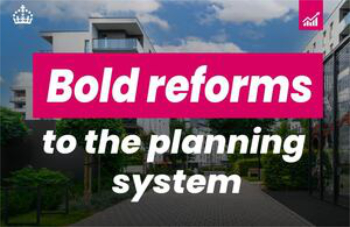Financial Reporting Standard for Small Entities FRSSE
The Financial Reporting Standard for Small Entities (FRSSE) is very important for people who run their own small companies. It permits a much reduced level of public disclosure for companies which are small, and in particular, allows such companies to dispense with a costly audit each year.
Previously it was necessary for any company with a turnover of at least £1 million per annum to have an audit carried out each year. Such audits must be carried out by firms who are authorised to do so and, not surprisingly, are relatively expensive.
In recent years however, the reporting regime for small (and medium-sized) companies has become considerably more favourable as a result of recognising two important facts:
- Many small companies cannot afford an annual audit.
- A formal audit is unnecessary when the only parties who have an interest in the result of the audit are the individuals who run the company.
To qualify as a small company and therefore fall within FRSSE a company must meet two of the three following criteria:
- Average number of employees is less than 50 in the year in question.
- Turnover is not more than £6.5 million.
- The balance sheet total is not more than £3.26 million.
In effect FRSSE means that company proprietors can deal with all accounting, reporting and taxation obligations if they have the skill to do so, without recourse to expensive external advisers.
This article was written by:--Martinc 18:51, 30 June 2014 (BST)
[edit] Related articles on Designing Buildings Wiki
Featured articles and news
Commissioning Responsibilities Framework BG 88/2025
BSRIA guidance on establishing clear roles and responsibilities for commissioning tasks.
An architectural movement to love or hate.
Don’t take British stone for granted
It won’t survive on supplying the heritage sector alone.
The remarkable story of a Highland architect.
The Constructing Excellence Value Toolkit
Driving value-based decision making in construction.
Meet CIOB event in Northern Ireland
Inspiring the next generation of construction talent.
Reasons for using MVHR systems
6 reasons for a whole-house approach to ventilation.
Supplementary Planning Documents, a reminder
As used by the City of London to introduce a Retrofit first policy.
The what, how, why and when of deposit return schemes
Circular economy steps for plastic bottles and cans in England and Northern Ireland draws.
Join forces and share Building Safety knowledge in 2025
Why and how to contribute to the Building Safety Wiki.
Reporting on Payment Practices and Performance Regs
Approved amendment coming into effect 1 March 2025.
A new CIOB TIS on discharging CDM 2015 duties
Practical steps that can be undertaken in the Management of Contractors to discharge the relevant CDM 2015 duties.
Planning for homes by transport hubs
Next steps for infrastructure following the updated NPPF.
Access, history and Ty unnos.
The world’s first publicly funded civic park.
Exploring permitted development rights for change of use
Discussing lesser known classes M, N, P, PA and L.
CIOB Art of Building photo contest 2024 winners
Fresco School by Roman Robroek and Once Upon a Pass by Liam Man.








